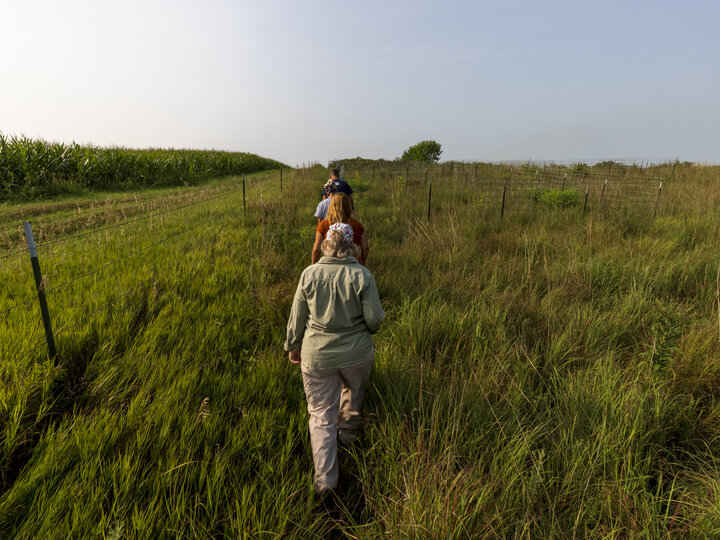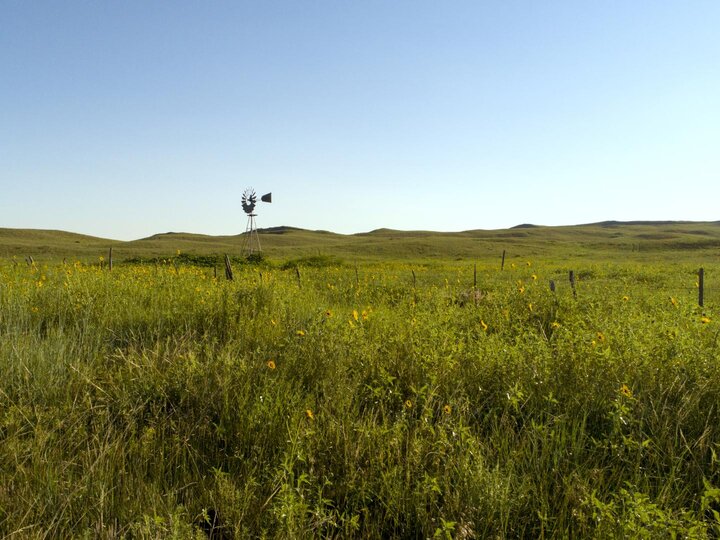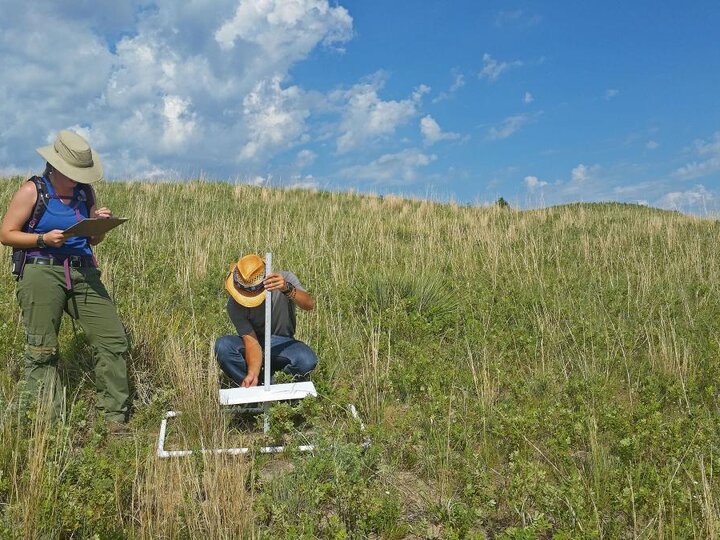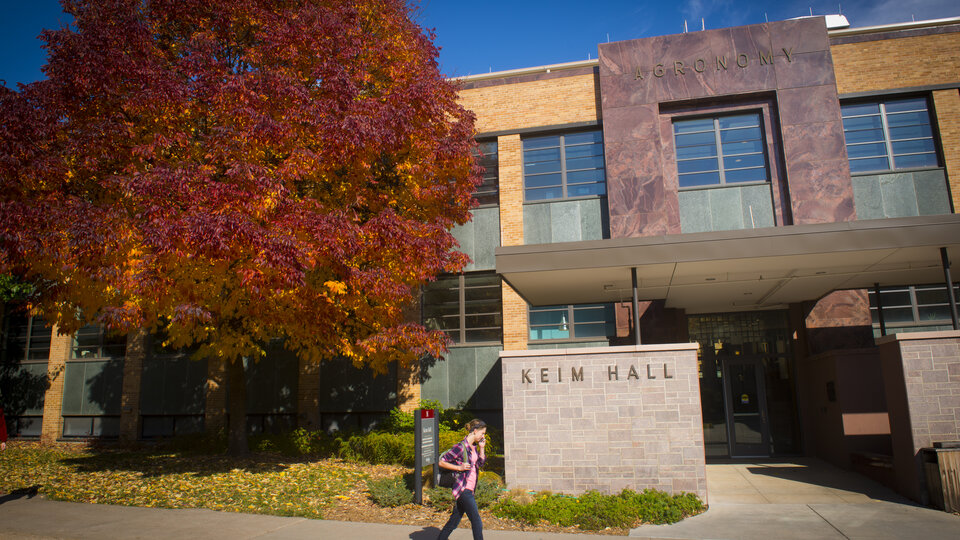Content
Applying resilience concepts to agricultural landscapes helps manage, design, and, when needed, transform landscapes to provide critical ecosystem services over a wide variety of conditions. Below are projects where CRAWL operationalizes resilience theory and models to deliver enhanced outcomes for working landscapes and the natural systems on which they depend.
Learn More About Resilience
Discover Resilience
Resilience is now a term widely used in every-day language, but resilience is not a metaphor. It is an emergent property that can be measured and operationalized to explicitly help solve many of the issues that challenge human well-being.
Learn More About Resilience
Courses Offered
Ecological resilience is a framework for conceptualizing change in ecosystems, social systems, and more. This concept transcends individual disciplines and seeks to provide ways to understand and strategize responses to change in both natural and human systems.
View Upcoming Courses
Resilience Definitions
Learn more about the meaning behind some of the most common resilience terms.
View Definitions
Archived Educational Programs in Resilience
Council for Resilience Education
The Council for Resilience Education was a science communication student organization dedicated to the increased understanding of ecological resilience and its application. Main outcomes of the council included educational modules on ecological resilience, classroom activities on resilience, and a podcast.
Learn More about the CRE
National Science Foundation Research Traineeship
The National Science Foundation Research Traineeship provided interdisciplinary training to master's and doctoral students to further their understanding of the resilience and sustainability of agricultural ecosystems, particularly the Platte River Basin. Knowledge gained from this work was expected to be used by students to manage ecosystems and meet career demands of the future.
Learn More about the NRT




